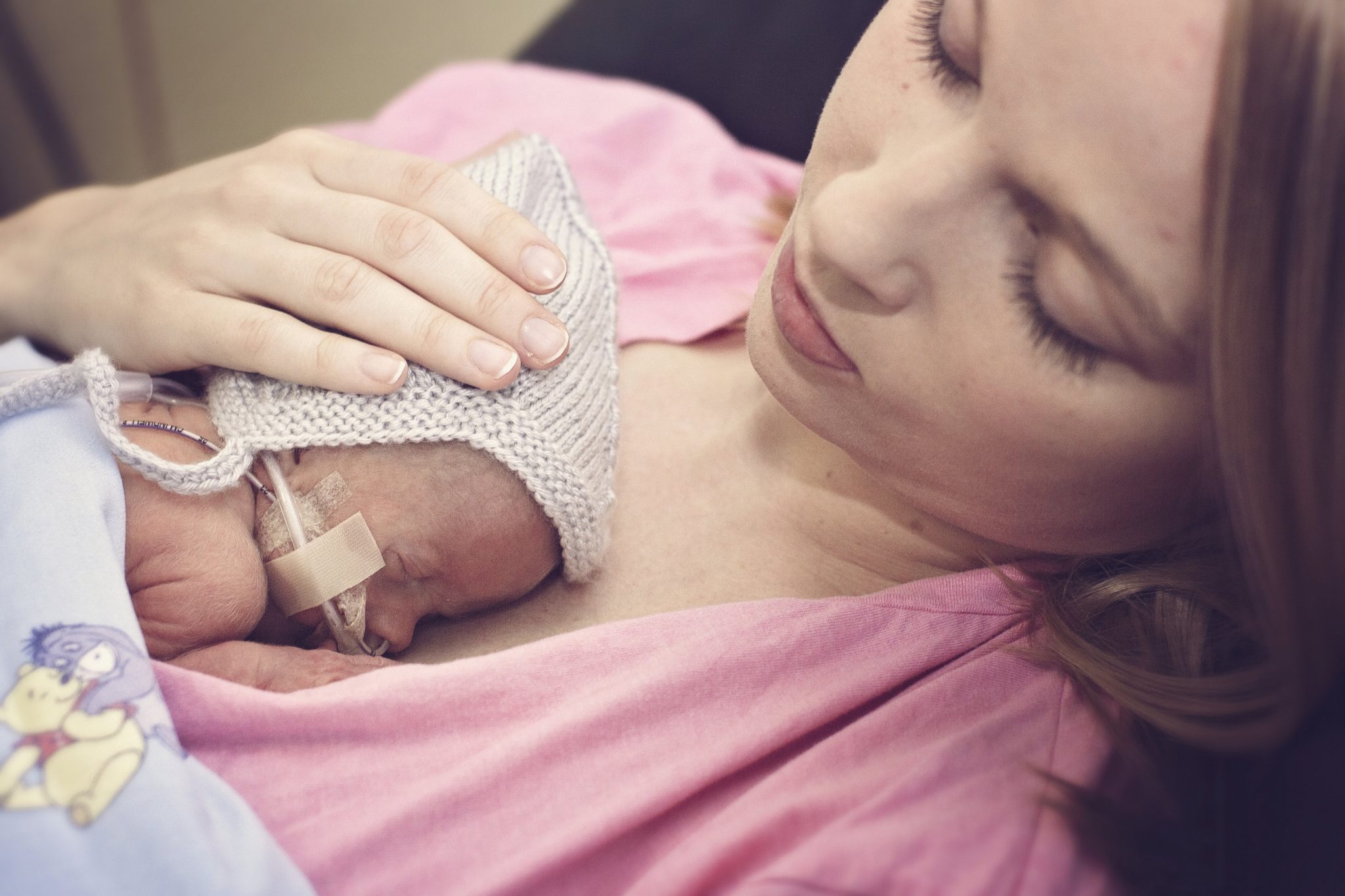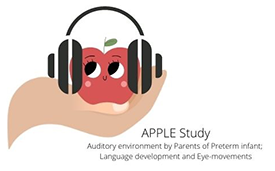Information about the study
The main objective of APPLE (Auditory environment by Parents of Preterm infants; Language development and Eye movements) Study is to determine the importance of very early parental speech and the presence of parents for the development of children born very preterm (born <32 weeks of gestation).
Subjects are a group of about 100 premature children, half of whom have been recruited from Tallinn Children’s Hospital and half from Turku University Central Hospital. Children’s development is monitored by different methods for the first two years of age. Key follow-up dates are: 32 weeks of pregnancy, 7 months, 12 months, 18 months and 24 months (corrected age).
APPLE Study is split into two parts, the first part focuses on the development that happens during the first year of life (APPLE I), and the second on the development during the second year of life (APPLE II).
The main aim of the first part of the APPLE Study (APPLE I) is to investigate the possible association between the amount of parental speech, and the closeness between preterm infant and the parent during early intensive care period, and infant’s face preference and language development during the first year of life. The other main aim is to analyze how does the closeness and skin contact between preterm infant and the parent during early intensive care period affect the amount and quality of parental speech.
The main aim of the second part of the APPLE Study (APPLE II) is to get information on the role of early language and sound environment at the neonatal intensive care unit period for the language development of very preterm children during the first part of the second year of life, and at two years of corrected age.
APPLE Study is carried out in close cooperation with Turku University Hospital, Tallinn Children’s Hospital, University of Helsinki, University of Turku and University of Tampere.

